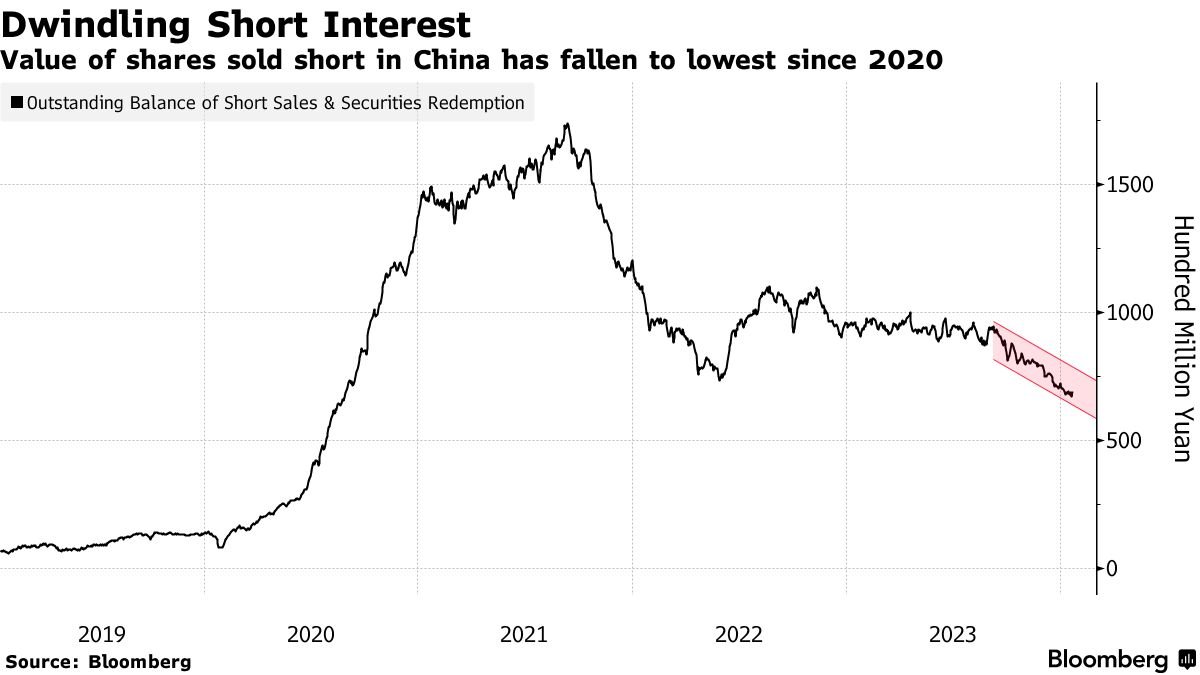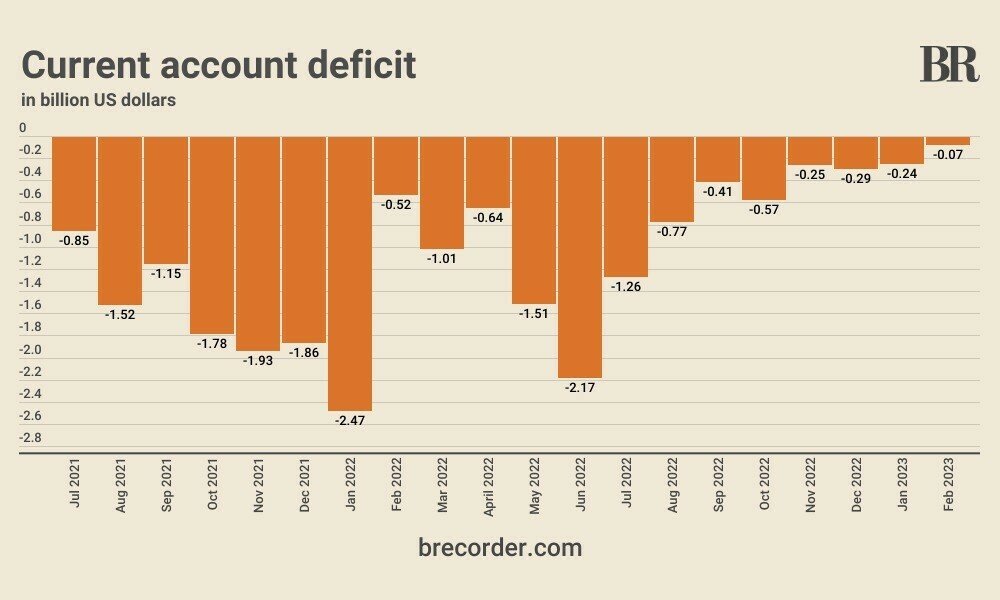China’s securities regulators have reportedly reached out to hedge fund managers, encouraging them to restrict short selling in the stock index futures market as authorities aim to stabilize the country’s sinking stocks. The move follows a significant plunge in the blue-chip CSI300 Index, nearing five-year lows, prompting renewed commitments from the government to ensure stability in the capital markets.
Hedge fund managers have disclosed receiving calls from China’s financial futures exchange, advising against reckless short selling, especially emphasizing caution on “naked” short selling conducted without hedging purposes. Informal requests have also been made to refrain from short selling for speculative purposes, signaling a potential crackdown on activities that could exacerbate market volatility.
While specific curbs were not explicitly outlined in the informal guidance, sources suggest that regulators hinted at measures to curb shorting activities using stock index futures. The China Financial Futures Exchange (CFFEX) and the China Securities Regulatory Commission (CSRC) have not officially commented on the matter.
Amid signs of a spike in shorting interest, investors have been encouraged to unwind heavy short positions to mitigate potential risks. Futures contracts on the small-cap CSI1000 Index, due in September 2024, experienced a notable decline, trading below the underlying index, accompanied by a spike in turnover.
The unwritten instructions from regulators, known as “window guidance,” come at a time when China’s stock market faced a 13% decline in 2023, continuing its slide into the new year. Factors such as relentless foreign selling, a deepening property crisis, and a fragile economic recovery contribute to the challenges faced by the market.
In related news, the Ministry of Human Resources in China highlighted that while the country successfully created 12.44 million new urban jobs in 2023, meeting the set target, additional efforts are required to support employment amid uncertain economic conditions in 2024. The economic challenges, including a protracted property market downturn, weak consumer and business confidence, and mounting local government debt, necessitate continued attention to job creation strategies.
The ministry emphasized that more efforts would be dedicated to priority targets, particularly strengthening support for youth employment, including college graduates, and expanding job opportunities for them. As China’s economic operation faces increased uncertainty, the ministry acknowledges the need for sustained efforts to stabilize employment in the coming year.
The job creation goal for 2024 is anticipated to be unveiled at the opening of the annual parliamentary meeting in March. Despite China’s economy meeting its growth target of 5.2% in 2023, challenges persist, making focused employment initiatives crucial in navigating the evolving economic landscape.



